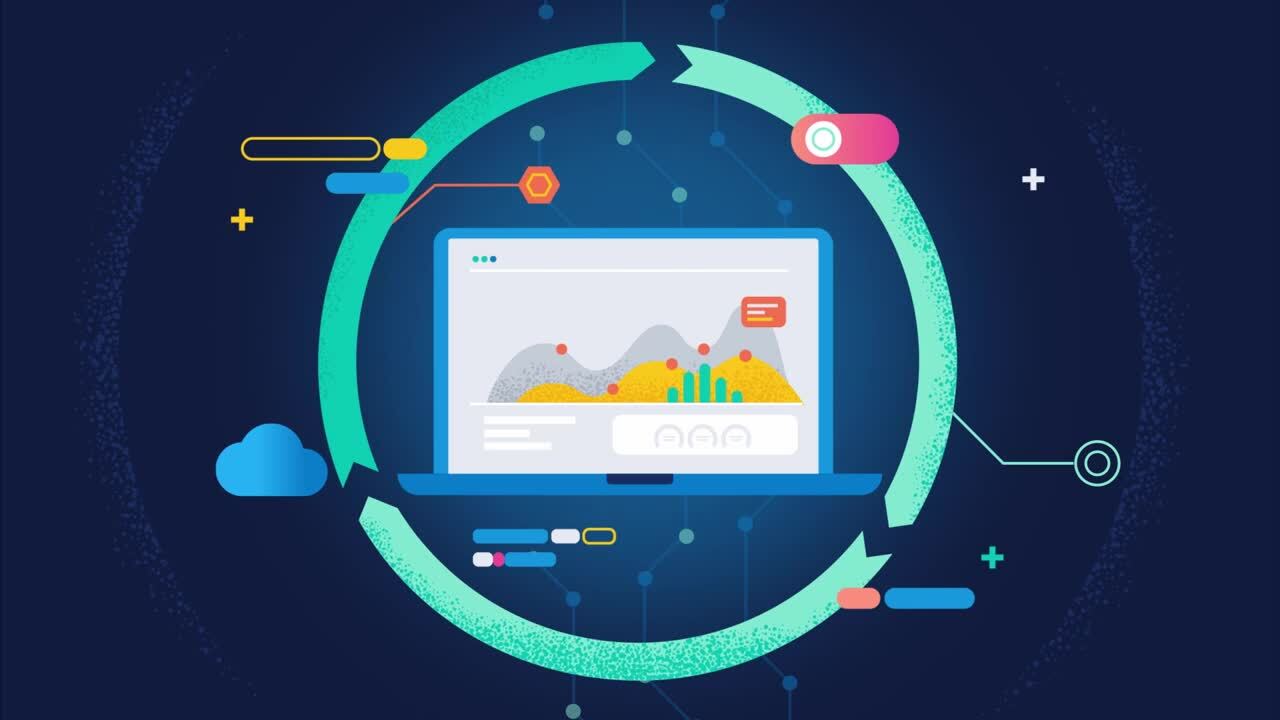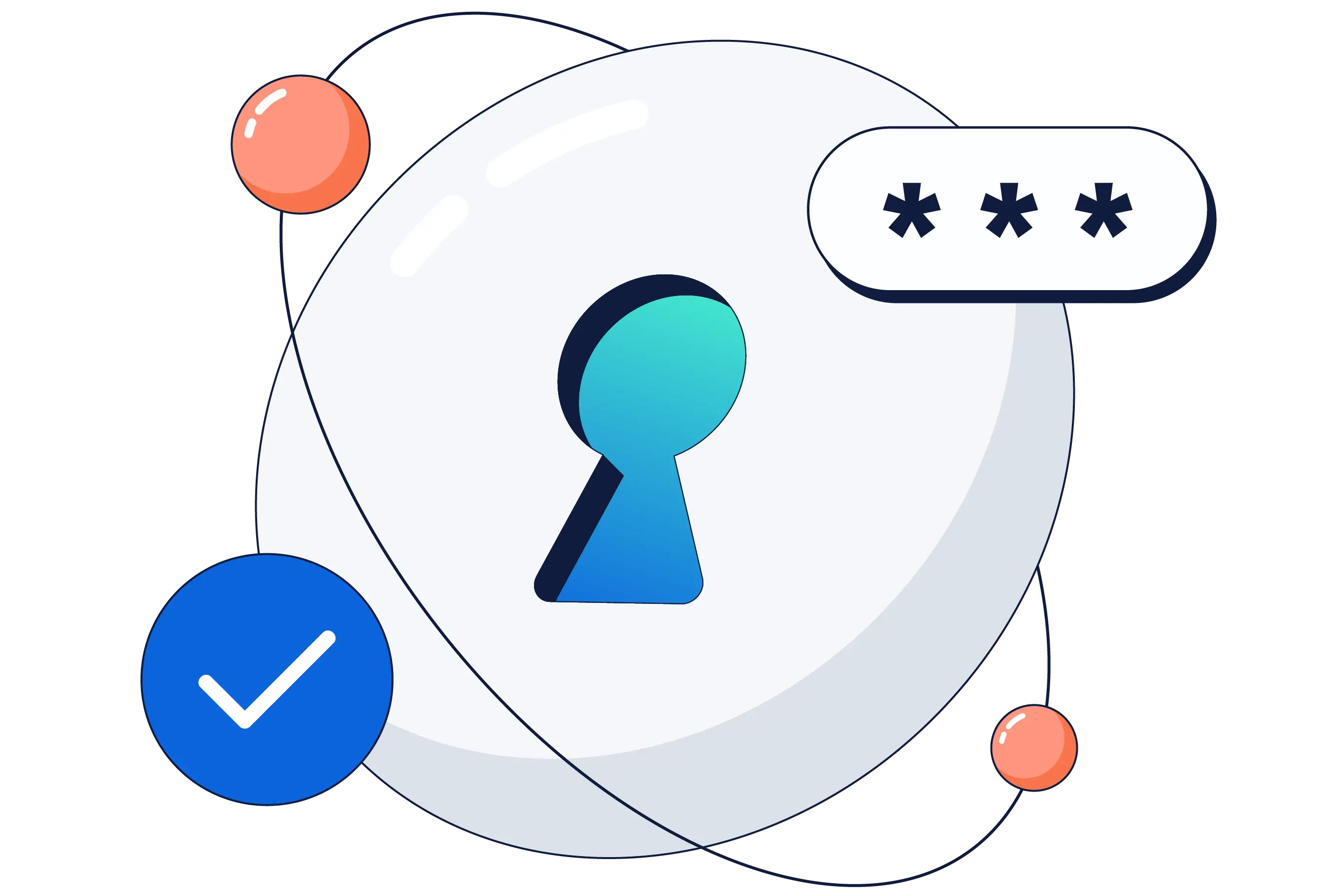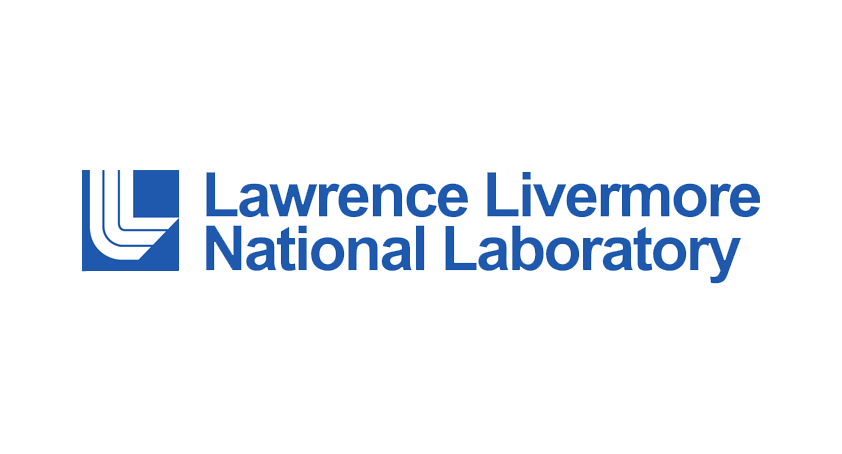Public sector
Your public sector data. Unified and ready for AI.
Elastic transforms fragmented public sector data into a single, AI-ready foundation — no matter the region, format, or environment.
With a modern data mesh approach, Elastic empowers organizations to seamlessly ingest, normalize, and operationalize data at scale. The result? Faster insights. Smarter decisions. And measurable impact across mission-critical initiatives.

Accelerate your mission with a data mesh approach
Ingest, store, and analyze all forms of data through Elastic's data mesh architecture. Public sector organizations — from government agencies to educational institutions — use Elastic as a unified data layer for modern SIEM, log storage and compliance, Zero Trust, AI initiatives, and more.

Connect your Zero Trust Architecture with unified visibility and analytics
Elastic takes a data-centric approach to Zero Trust, integrating with your existing systems to ingest and unify data across all pillars — no matter where it’s generated. The result is a single, secure platform where teams can analyze, correlate, and act on Zero Trust data with full context and confidence.

Operationalize your data for search and GenAI experiences
Transform how citizens and employees interact with public services. With Elastic as your single source of truth, you can deliver powerful search and generative AI experiences — from intuitive self-service portals to intelligent chatbots that surface the right information at the right time.

Elastic public sector FAQ
Elastic acts as a unified data mesh layer that connects all pillars in an organization’s Zero Trust Architecture (ZTA). This data layer integrates logs, metrics, traces, and security telemetry across tools and systems, enabling holistic visibility. By operationalizing disparate ZTA components, Elastic speeds adoption, lowers costs, and simplifies enforcement of Zero Trust policies.
Elastic strengthens mission and operational resilience by unifying observability data — logs, metrics, and traces — across IT environments. Agencies can detect anomalies, accelerate mean time to resolution (MTTR), and meet logging mandates such as M-21-31 using Elasticsearch logsdb index mode for affordable long-term storage. This holistic monitoring approach improves uptime, reliability, and service delivery for employees, citizens, warfighters, and students.
Yes. Elasticsearch provides a unified data platform that ingests and normalizes structured and unstructured data in one place. This single source of truth powers use cases such as digital services, generative AI, Zero Trust, cybersecurity, and logging compliance. By eliminating data silos, agencies can reduce complexity and cost while accelerating digital transformation initiatives like situational awareness, SIEM, and AI-driven citizen services.
Using Elastic as a unified data platform reduces technology licensing costs and minimizes training overhead by consolidating tools. Agencies gain one system of record for multiple use cases — including cybersecurity, log management, and observability — supporting interoperability, real-time decision making, and cross-agency collaboration.
Elastic enables agencies to securely apply large language models (LLMs) to their own proprietary data. This ensures contextual, mission-specific GenAI outputs while protecting sensitive information. Use cases include citizen-facing digital services, rapid knowledge retrieval for government employees, and accurate intelligence delivery for law enforcement. Elastic acts as the secure bridge between agency data and any LLM provider.
Elastic supports IT modernization by replacing fragmented legacy systems with a single, data-centric platform. Agencies can consolidate tools for security analytics, observability, and log management, reducing licensing costs while improving interoperability. This unified approach streamlines operations and accelerates the shift away from outdated technologies. Learn more about reducing legacy IT.
Yes, Elastic Cloud Hosted is authorized under the Federal Risk and Authorization Management Program (FedRAMP)at the Moderate Impact level on AWS GovCloud. This designation supports secure use of Elastic within US government agencies, which includes civilian and defense-adjacent organizations. Elastic is also pursuing FedRAMP High authorization to support higher-impact workloads. These certifications ensure Elastic meets strict security and compliance requirements for US government use.
Elastic supports deployment across AWS GovCloud (US), Google Distributed Cloud Hosted, and Microsoft Azure. These platforms meet public sector compliance and data sovereignty requirements, enabling flexibility across defense, civilian, and education missions.
Contact us
Send us your questions and we’ll get back to you as soon as possible.
MarketoFEForm





